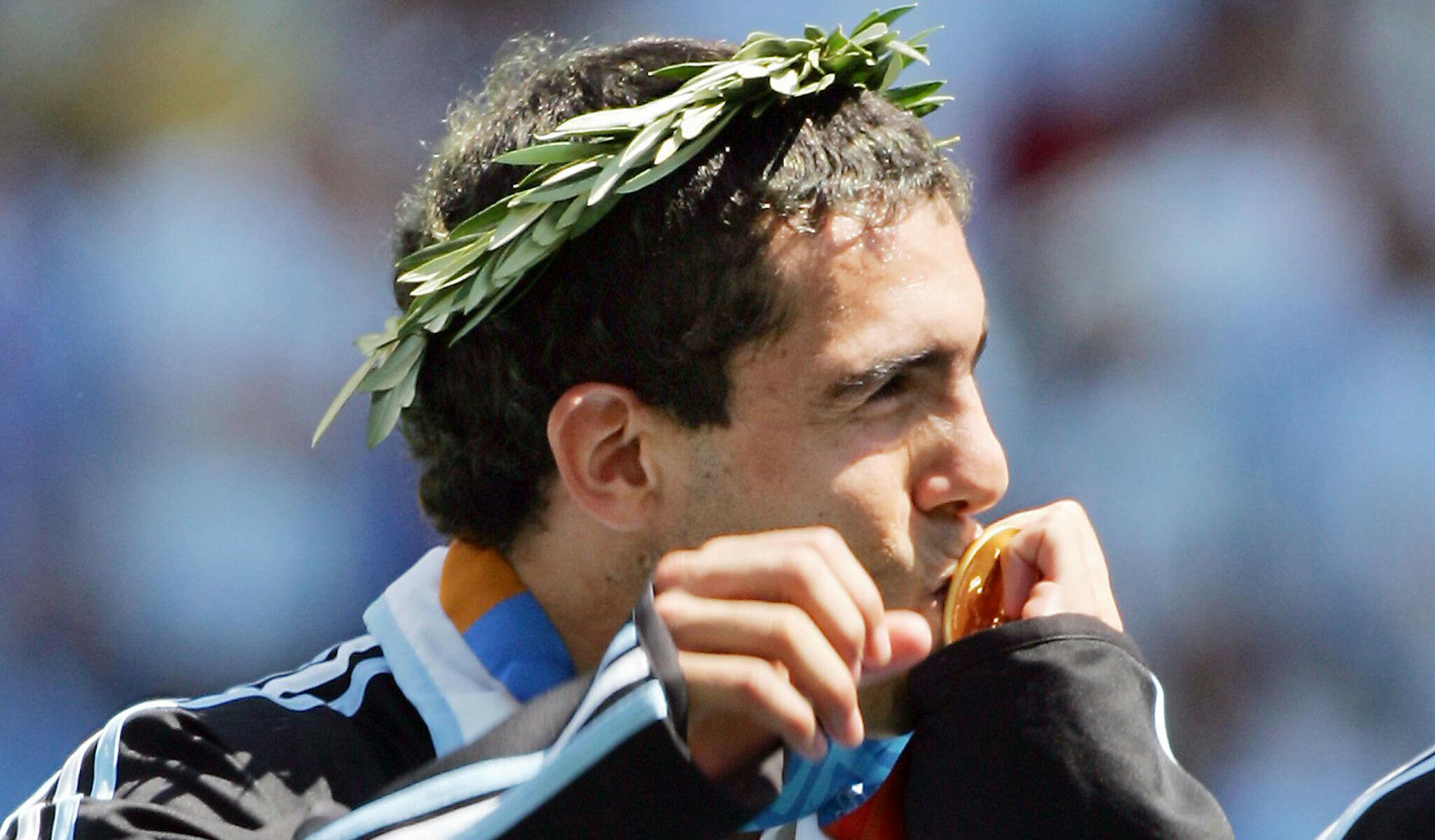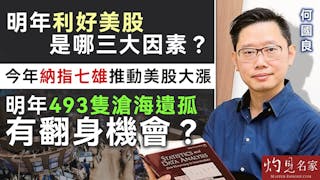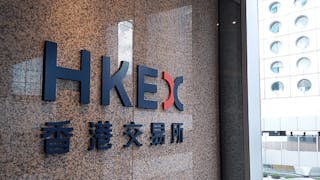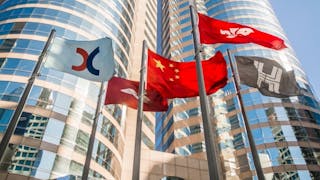A few recently released figures for 2016/2017 season have surprised even keen observers, analysts, agents and investors in the global football space.
That’s because China, sitting rather uncomfortably in the 86th place of FIFA’s global league of nations, has managed to score a few “world-class” goals in transfer markets to propel them to a position of “surpassing France and catching up with England”, to paraphrase the old slogan “Surpassing England and catching up with the US” popular in Mao Zedong’s era.
Two strikes make a happy double
First of all, according to FIFA (football’s global governing body), China ranked fifth in global transfer spending last year at 451 million euros (US$477.4 million).
That was just behind England (1.4 billion euros), Germany (570 million euros), Spain (508 million euros) and Italy (508 million euros) but ahead of France (208 million euros), the host country and runner-up of Euro 2016.
Secondly, in the 2016/2017 season, among the world’s 10 highest-paid footballers, four are playing in China.
These were no longer the ageing warriors of the old days who considered the Far East as their last gold mine before retirement.
Instead, the recent arrivals are players in their heyday such as Oscar (25 years old), the Brazilian World Cup playmaker; Hulk (30), another Brazilian World Cup heavyweight; Carlos Tevez (33), the Argentine striker famous for his endless energy; and Axel Witsel (28), a highly gifted Belgian Golden Boot awardee.
Two policies make double impacts
China’s rare double should be placed in the context of a strong tailwind resulting from the massive support of the central government.
The defining moment came when the State Council issued the now famous Article 46 (“Several Opinions of the State Council on Accelerating the Development of the Sports Industry to Promote Sports Consumption”) in late 2014.
As a result of that push, merchants and investors of all sorts flocked to the sporting scene with a particular and inevitable zeal in football.
Leading the pack was Guangzhou Evergrande, one of the country’s top property developers which, back in 2010, bought out an underperforming team from a Guangzhou state-owned enterprise and turned it into a dominant force in the rebranded China Super League.
A few others followed suit to press their footprints in various regional teams. Shanghai’s property group Greenland took over Shanghai Shenhua, a then-struggling team but already a household name.
Guangzhou R&F, also a property developer and a close rival of Evergrande, purchased a Shenyang-based football club.
The rivalry between these two Guangzhou teams has become so fierce that it is now considered a national in-city derby.
Taking the hint from Article 46, Shanghai SIPG, an affiliate of the Shanghai International Port Group, best exemplified how quickly this new generation of rainmakers reacted to policy impetus by immediately grabbing the control of another ageing Shanghai football club.
The most recent acquisition took place this year when Wuhan-based Dongdai Group, a conglomerate with over 100 subsidiaries, acquired Chongqing Lifan Football Club to become the last-minute entrant to the current season of China Super League.
Article 46 combined very well with “Going Out”, another major policy initiative of China, which has helped drive the global mergers and acquisitions market.
Together, these directives became the tickets for a host of Chinese companies lunging into the cross-border shopping sprees.
In 2015 Dalian Wanda Group, the property giant controlled by Wang Jianlin, the richest man in China, acquired a 20 percent stake in Spain’s Atletico Madrid.
The purchase was mirrored by Shanghai-based China Media Capital Group which took a 13 percent stake in the parent of Manchester City Football Club, one of the leaders of the English Premier League.
Still, the real eye-catching acquisition took place in Italy in 2016 when Nanjing-based conglomerate Suning Group took a 70 percent stake in Inter Milan, one of the two most celebrated football clubs in the city of fashion and style.
Cool-down brings temporary chill
In China, many businesses will have to learn to adapt when state policy turns on its head to become a headwind.
In March 2017, when the “Two Sessions” took place, a wind of chill seemed to have creeped out from the bricks of Zhongnanhai.
Zhou Xiaochuan, the governor of the People’s Bank of China, China’s central bank, was quoted saying “there is no benefit … to invest in overseas sports … football clubs”.
Zhou’s comment was soon echoed by Pan Gongsheung, head of State Administration of Foreign Exchange (SAFE), who compared investments in overseas football clubs to “picking up the roses with thorns”.
With such caveats, latecomers like Li Yonghong, a Chinese businessman and the leading suitor of AC Milan, the more glamourous cousin of Inter, would have to be slightly more patient and skillful in working out the financing scheme of the takeover.
China’s fondness for double happiness and its footballing tricks have yet to earn the nation a World Cup goal.
However, its financial power has produced a few world-class strikes in the capital and M&A markets. It remains to be seen when they will create a golden goal between the posts.







































